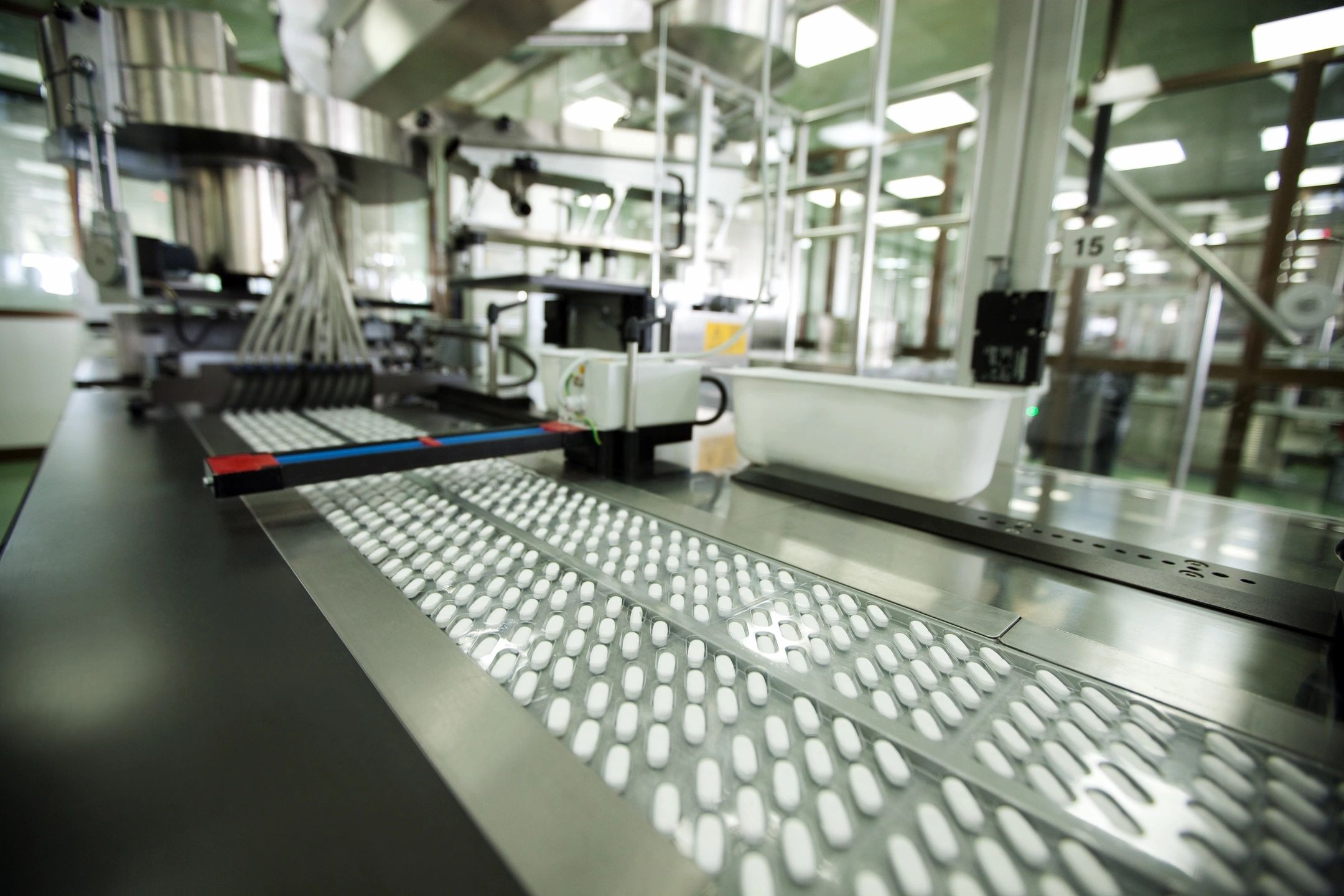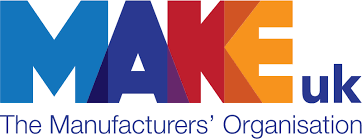The future of manufacturing in the UK is poised for a transformative shift, driven by technological advancements and an increase focus on sustainability. One pivotal aspect of this evolution is the adoption of energy analytics, which stands to revolutionise the industry by enhancing efficiency, reducing costs, and minimising environmental impact.
In 2019, the UK government committed to a fully decarbonised economy by 2050, becoming the first major economy to set a legally-binding target to reduce its greenhouse gas emissions and achieve net zero. In 2023, the net territorial greenhouse gas emissions in the UK are estimated to have been 384.2 million tonnes of carbon dioxide equivalent (MtCO2e). Carbon dioxide (CO2) emissions decreased by 6.6% to 302.8million tonnes. The total greenhouse gas emissions were 52.7% lower than they were in 1990. This is largely due to the phase-out of coal in the energy mix, the shift to natural gas, the expansion of renewable energy for electrical supply, and the adoption of energy efficiency efforts driven by technological advancements. Furthermore, this decline is the result of the UK economy shifting away from energy-intensive industries such as manufacturing and towards the supply of services, which are less energy intensive.
However, if the UK is to achieve its net zero aspirations, the manufacturing sector will play a critical role. The industry has the potential to be a pioneer in net zero technologies and expertise, drawing significant investment, creating well-paying employment, and encouraging productivity and growth. However, the appropriate incentives must be in place to encourage this. More importantly, power must be inexpensive and reliable, as the UK has one of Europe’s highest electrical prices. To fully compete with their foreign competitors, the UK manufacturing industry’s energy costs should be decreased, which might assist offset the risks of high-emission industrial products being dumped in the UK. Similarly, there is a constant disruptive change in the technology that drives manufacturing, as automation and digital technologies revolutionise the industry, improving the products and processes that are created. Although some organisations are reaping the benefits of using these digital technology and solutions, many manufacturers are yet to reap the huge profits. According to Make UK, 60% of manufacturers observed productivity gains via automation, while 50% saw increases in worker efficiency. As a result, automation must be promoted in order to increase worker productivity and competitiveness throughout the sector.
In a similar way, adding energy analytics enables manufacturers to shift away from traditional reactive maintenance and towards predictive maintenance practices. Potential equipment breakdowns can be predicted and avoided by analysing energy patterns, resulting in reduced downtime and maintenance costs. This not only improves operating efficiency but also extends the life of machines, resulting in more sustainable production processes. Furthermore, getting control over energy analytics can help with cost management. With fluctuating energy prices and increased regulatory attention on energy consumption, a thorough understanding of energy use can result in significant cost savings. Manufacturers may detect peak usage times, optimise production schedules, and adopt energy-saving measures, lowering their energy bills and increasing profits. In addition, given the UK’s commitment to attaining net-zero emissions by 2050, digital solutions can assist manufacturers successfully monitor and reduce their carbon footprint, aligning with national and global environmental targets. By using the power of innovative technology, the manufacturing sector can increase its competitiveness, attract green investments, and assure compliance with changing regulations pertaining to the environment.
Finally, the future of UK manufacturing depends on the strategic use of advanced digital analytical tools to optimise their energy portfolio. This approach not only improves operational efficiency and reduces costs, but it also puts manufacturers at the forefront of the global shift towards sustainable and responsible production.
Embracing energy analytics is more than just a technology advancement; it is a critical step towards a more resilient, competitive, and ecologically responsible industrial industry.
Enerlytic provides a cutting-edge software solution that assists manufacturers in gaining a better understanding of their production and operational processes. By identifying and eliminating energy inefficiencies through continuous monitoring, Enerlytic enables significant cost savings on utility bills. With our breakthrough software, firms can make data-driven decisions that enhance operational effectiveness, sustainability, and cost savings, thereby boosting business performance and market competitiveness.
Take the first step towards a more efficient and sustainable manufacturing process. Contact Enerlytic today to learn how our innovative solutions can transform your energy management and drive your business forward.





